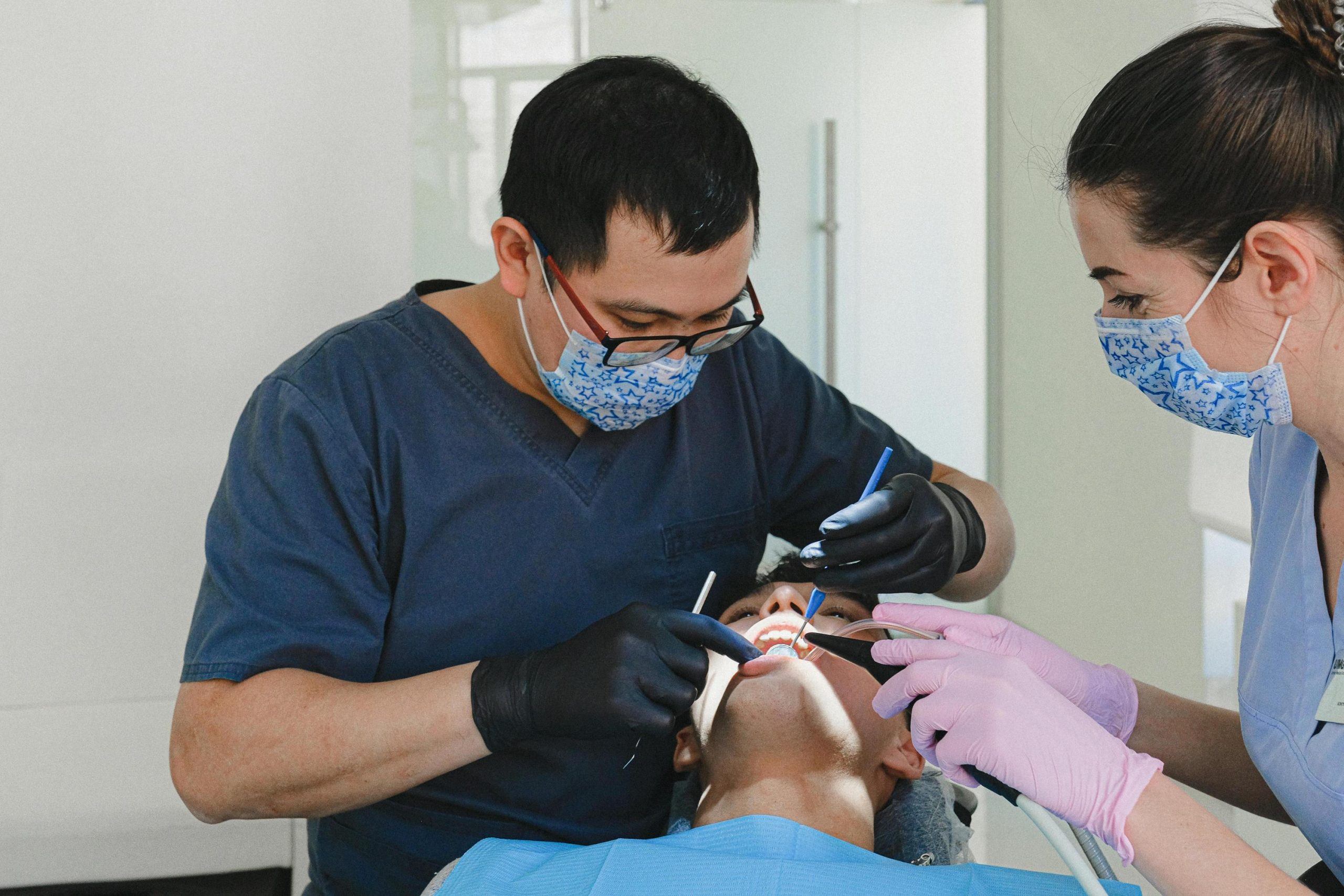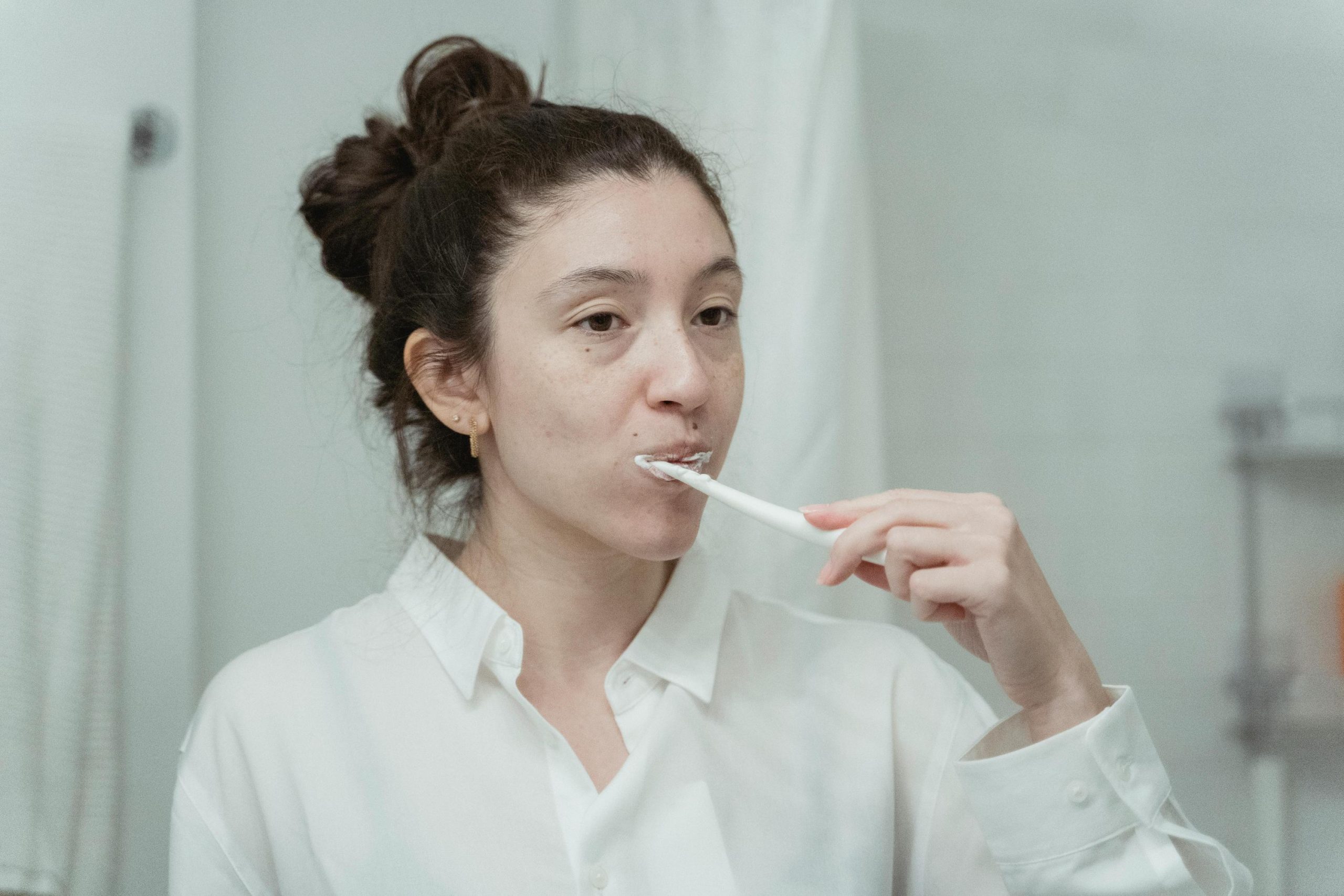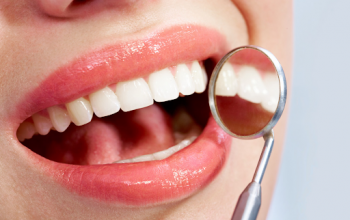

Highlights
- Regular preventive dental care reduces the risk of cavities, gum disease, and tooth loss.
- Early detection of dental issues saves significant money on treatments like crowns, implants, or root canals.
- Routine checkups and cleanings are usually fully or partially covered by insurance.
- At-home care habits, like brushing and flossing, amplify the benefits of professional care.
- Dental membership plans can make preventive care more affordable for families without insurance.
- Preventive care positively impacts overall health, potentially reducing broader medical costs.

Preventive dental care is more than just maintaining a bright smile—it’s a smart financial choice. Many people overlook the long-term savings that come from staying on top of oral health, only realizing the cost of neglect when faced with expensive procedures. By investing in regular checkups, cleanings, and proper at-home care, you can avoid costly restorations and protect both your teeth and your wallet.
What Is Preventive Dental Care?
Preventive dental care refers to the routine practices and professional treatments designed to maintain healthy teeth and gums, and to prevent dental problems before they require extensive interventions. Unlike restorative dentistry, which focuses on repairing damage, preventive care focuses on stopping issues before they start.
Common Preventive Treatments
- Routine dental exams: Check for cavities, gum disease, and oral cancer.
- Professional cleanings: Remove plaque and tartar buildup that brushing alone can’t.
- Fluoride treatments: Strengthen enamel and prevent decay.
- Sealants: Protective coatings for molars to reduce cavities, especially in children.
- X-rays: Detect hidden problems like impacted teeth or bone loss.
- Patient education: Guidance on brushing, flossing, and diet for healthy teeth.
By investing in preventive care, you ensure that small issues are identified early, saving money on complicated treatments down the line.
The Financial Consequences of Neglecting Oral Health
Neglecting dental care can lead to expensive treatments. Even minor cavities or early-stage gum disease can escalate into complex procedures that cost hundreds or thousands of dollars.
Examples of Escalating Costs
- Cavities: Ignored cavities may require fillings (~$150–$300) but can develop into root canals (~$1,000–$2,000) if left untreated.
- Gum disease: Early gingivitis can be treated with professional cleanings (~$100–$200), but advanced periodontitis might require surgery (~$1,000–$3,000).
- Missing teeth: Simple tooth loss may lead to bridges (~$1,500–$3,000 per tooth) or implants (~$3,000–$5,000 per tooth).
The long-term financial impact of ignoring oral health is staggering. Routine preventive care is a cost-effective strategy to avoid these expenses.
The Role of Regular Dental Visits
Routine visits are the cornerstone of preventive dental care. Professional evaluations and cleanings ensure that problems are detected early, reducing both health risks and costs.
Components of Preventive Visits
- Professional Cleanings
- Remove plaque and tartar that contribute to cavities and gum disease.
- Polishing improves tooth aesthetics.
- Exams and X-Rays
- Detect cavities, bone loss, and early signs of oral cancer.
- Early treatment options are cheaper and less invasive.
- Fluoride Treatments and Sealants
- Fluoride strengthens enamel, reducing decay risk.
- Sealants protect grooves in molars, particularly for children.
- Oral Health Education
- Personalized guidance on brushing, flossing, and diet.
- Helps patients prevent future dental problems, saving money on repairs.
At-Home Preventive Care: Small Habits, Big Savings
Professional care is only part of the equation. Daily habits significantly impact oral health and long-term costs.
Essential Daily Habits
- Brushing Twice Daily: Use a soft-bristled toothbrush and fluoride toothpaste.
- Flossing Once Daily: Removes food and plaque between teeth that brushing can’t reach.
- Mouthwash Use: Helps reduce bacteria and freshen breath.
- Dietary Choices: Limit sugary and acidic foods to prevent decay.
- Avoiding Tobacco Products: Smoking and chewing tobacco increase gum disease and oral cancer risks.
Even small improvements in at-home care can prevent the need for expensive dental procedures, ultimately saving hundreds or thousands of dollars.
The Long-Term Cost Savings of Preventive Care
Investing in preventive care now prevents costly interventions later. Let’s examine how early detection and treatment saves money over time:
Examples
- Cavity Detection: Filling a small cavity may cost $150–$300. Ignored, it could progress to a root canal and crown costing over $2,000.
- Gum Disease Management: Treating gingivitis early with cleanings costs a fraction of periodontal surgery for advanced gum disease.
- Preventive Measures: Fluoride treatments and sealants are inexpensive yet reduce the likelihood of decay by up to 80%.
Key Cost Savings
- Reduced emergency dental visits
- Fewer invasive restorations like crowns and implants
- Preservation of natural teeth, avoiding dentures or bridges
- Lowered risk of oral-health-related medical expenses
- Greater insurance coverage benefits due to regular preventive visits
Preventive Care and Insurance Coverage
Most dental insurance plans prioritize preventive care, often covering 100% of routine cleanings and exams.
Tips for Maximizing Insurance
- Schedule biannual checkups to fully utilize preventive coverage.
- Understand plan limits on X-rays or specialized treatments.
- Coordinate preventive care to prevent larger claims that may exceed annual maximums.
For those without insurance, dental membership plans are a cost-effective alternative. These plans offer discounts on treatments like cleanings, crowns, and implants, often saving patients hundreds annually.
Dental Membership Plans: An Affordable Alternative
Dental membership plans provide a subscription-style approach to care, eliminating the need for traditional insurance. Benefits often include:
- Free or discounted preventive visits (cleanings, exams, X-rays)
- Discounts on major procedures like crowns, implants, and fillings
- No waiting periods or claim forms
For families or individuals seeking ongoing savings, working with dentists offering a membership plan that discounts crowns, implants, and cleanings can significantly reduce long-term costs while encouraging consistent preventive care.
Preventive Dentistry and Overall Health
Preventive dental care impacts more than your teeth—it influences your overall health. Research shows strong links between oral health and systemic conditions:
- Heart Disease: Gum inflammation may increase cardiovascular risk.
- Diabetes: Poor oral health complicates blood sugar control.
- Respiratory Infections: Bacteria from gums can exacerbate lung problems.
By preventing dental problems early, you may also reduce medical expenses associated with these conditions.
Practical Tips for Maximizing Preventive Care

Consistency and proper technique are the cornerstones of effective preventive dental care. By combining daily habits, professional visits, and healthy lifestyle choices, you can protect your teeth, gums, and overall oral health while saving money on costly treatments. Here’s a detailed guide on how to get the most out of preventive care:
Daily Practices
Your daily routine is the first line of defense against cavities, gum disease, and other dental problems.
- Brush and Floss Correctly Every Day: Brushing twice a day for at least two minutes helps remove plaque and bacteria that lead to tooth decay and gum disease. Use gentle, circular motions to clean all surfaces of each tooth. Flossing once a day is equally important, as it removes food particles and plaque from between teeth and under the gumline—areas your toothbrush cannot reach.
- Use Fluoride Toothpaste and Mouthwash: Fluoride strengthens tooth enamel, making it more resistant to decay. Choose a fluoride toothpaste and consider a fluoride mouthwash, especially if you are prone to cavities. Mouthwash also helps reduce bacteria in the mouth and freshens breath, contributing to overall oral hygiene.
- Limit Sugary Snacks and Acidic Drinks: Frequent consumption of sugar and acidic beverages like soda, energy drinks, or citrus juices can erode enamel and accelerate tooth decay. Opt for water, milk, or unsweetened beverages, and eat sugar-containing foods in moderation. Rinse your mouth with water after consuming acidic or sugary foods to neutralize pH levels in your mouth.
Professional Practices
Regular visits to your dentist are essential to catch potential problems early and maintain your oral health over time.
- Schedule Cleanings and Exams Every Six Months: Professional cleanings remove plaque and tartar buildup that brushing and flossing cannot eliminate. Exams allow dentists to detect early signs of cavities, gum disease, or oral cancer before they require expensive treatments.
- Ask Your Dentist for a Personalized Oral Care Plan: Every mouth is different, and a tailored plan ensures that your preventive routine addresses your unique needs. Your dentist may recommend special flossing tools, brushing techniques, or targeted treatments to prevent decay and gum disease.
- Consider Preventive Treatments Like Sealants or Fluoride Applications: Dental sealants protect the grooves and crevices of molars, which are prone to cavities. Fluoride treatments further strengthen enamel. These preventive measures are especially beneficial for children but can also be useful for adults at higher risk of decay.
Lifestyle Practices
Your overall lifestyle can significantly impact your dental health, often in ways that daily brushing and professional care alone cannot address.
- Avoid Tobacco and Limit Alcohol: Smoking and chewing tobacco are major contributors to gum disease, tooth decay, and oral cancer. Excessive alcohol use can also dry the mouth and increase bacterial growth. Reducing or eliminating these habits can dramatically improve oral health.
- Stay Hydrated to Maintain Saliva Flow: Saliva naturally helps neutralize acids in the mouth, wash away food particles, and strengthen teeth with essential minerals. Drinking plenty of water throughout the day supports saliva production and overall oral hygiene.
- Encourage Children to Establish Good Habits Early: Teaching children proper brushing, flossing, and healthy eating habits sets the foundation for a lifetime of oral health. Lead by example, make brushing fun, and regularly monitor their technique to instill consistency. Early education also reduces the likelihood of costly dental procedures later in life.
By integrating these daily, professional, and lifestyle practices, you maximize the effectiveness of preventive dental care. This approach not only protects your smile but also saves money by reducing the need for restorative treatments like fillings, crowns, or implants.
How Preventive Care Builds Long-Term Value
Investing in preventive care pays dividends far beyond cost savings. Benefits include:
- Maintaining a natural, healthy smile for life
- Avoiding the physical and emotional stress of major dental procedures
- Saving money on future restorations and emergency care
- Reducing overall medical costs linked to poor oral health
Preventive care is a long-term investment that improves quality of life and financial well-being simultaneously.
When to Talk to Your Dentist
Don’t wait until pain or visible damage occurs. Consider scheduling a consultation if you notice:
- Bleeding or swollen gums
- Tooth sensitivity or pain
- Cracks, chips, or discoloration
- Difficulty chewing or biting
- Self-consciousness about your smile
Discussing your preventive options—including routine cleanings, fluoride treatments, and membership plans—ensures a healthier, more affordable dental future.
Conclusion
Preventive dental care is an essential investment in your oral health, overall well-being, and financial future. By prioritizing regular visits, maintaining good at-home habits, and considering cost-saving options like dental membership plans, you can avoid expensive treatments, preserve your natural teeth, and enjoy a confident smile for life.
The key takeaway? A small, consistent investment in preventive care today can save thousands of dollars tomorrow. Schedule your next dental cleaning or consultation now and take control of your oral health and financial wellness.



